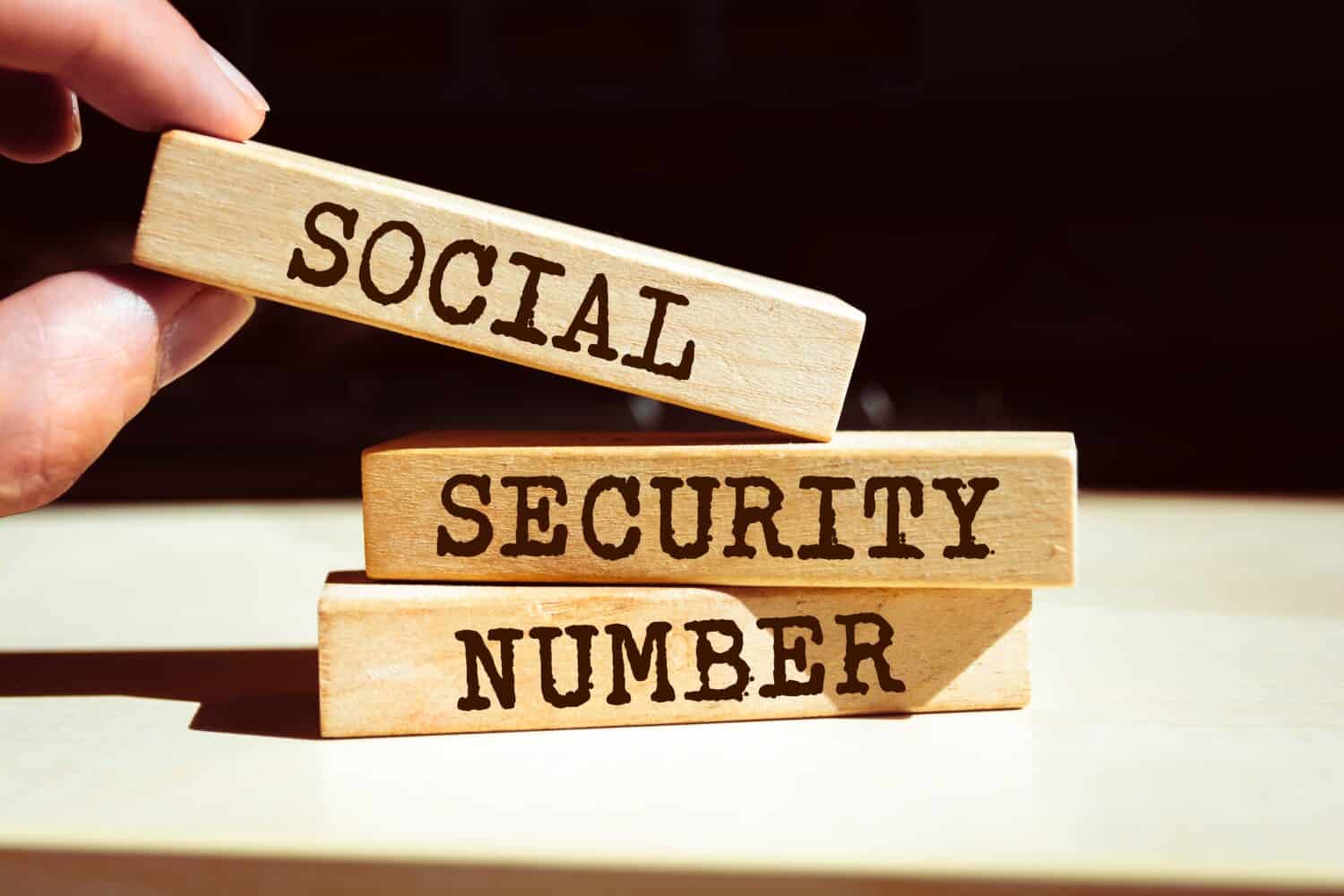Personal Finance
Money expert Clark Howard warns about sharing your Social Security number at these places - and he's spot on

Published:

When it comes to some of the most sacred things in our lives financially, our social security number is undoubtedly near the top. Should a social security number become lost, it can lead to identity theft, fraudulent credit cards being opened, and so much more damage.
Reversing any of these scenarios can take years and significantly impact you if you want to buy a home, a new car, or travel. Thankfully, money expert Clark Howard is sounding the alarm and giving you the exact warnings you need for the places you should never share your social security number.
There are several places where your social security number should not be given out. According to Clark Howard, a college or university environment would top the list. It’s almost crazy to think back to when your student ID used to be your social security number, but we’re grateful those days are behind us. If your school ever asks for your social security number, ask why.
The same goes for banking. Your SSN should only be used to open an account or get a credit card. Outside of these reasons, banks should never ask for this personal identification number. Another potential area to be cautious is in the technology space. Yes, a social security number would be necessary to open up a phone line, but only to run your credit and verify your identity. However, you should only give this number verbally and never write it down.
Your social security number should be used with extreme caution when contacting local, state, and federal government organizations. While there are some situations in which your social security number is needed, there are more instances in which it would not be required. For example, your number would be necessary to apply for a driver’s license or file taxes, but likely not when paying a traffic ticket. Beyond these scenarios, hand over your social only if you know exactly why you can’t proceed without it.
Last but not least, the nonprofit world is a tough space to argue that they would ever need your social security number except for a few rare instances. If you’re volunteering, they may want to do a background check, but it would only be in this particular scenario that you should agree.
According to Clark, the medical space is among the most dangerous when handling your social security number. Hospitals, in particular, are places that he believes are unnecessary in providing your social security. Your driver’s license and insurance card should be enough information for medical treatment. The same goes for medical businesses, as these locations, like a lab for bloodwork, are very risky.
Almost all potential areas in the medical space have your date of birth, a digital image of your driver’s license, and your social security and checking account information. They have everything they need to steal your identity. Someone doing so would get medical care in your name, and you’d get stuck with the bill, which is downright challenging to resolve.
To best protect your social security number, start by offering up an alternative form of identification. This might be a passport or a student ID from a university. Before offering any other form of ID, ask the right questions and understand why a social security number would be necessary.
Another great way to stay secure is to leave your social security number card at home. There is almost no reason why you need to carry this card around every day. Instead, only take it with you when you know an exact instance where you’ll be asked for your number.
Should you receive any documentation in the mail or from a doctor’s office containing this number, shred them quickly as these documents are a target for identity thieves. It would help if you were extra careful with anyone who calls you and asks for this personal number. In other words, never give your social security number over the phone.
Finally, make sure you monitor all of your bank accounts and credit scores regularly. If you see any unusual activity, you can take immediate steps to mitigate the damage and begin making repairs.
Are you ahead, or behind on retirement? For families with more than $500,000 saved for retirement, finding a financial advisor who puts your interest first can be the difference, and today it’s easier than ever. SmartAsset’s free tool matches you with up to three fiduciary financial advisors who serve your area in minutes. Each advisor has been carefully vetted and must act in your best interests. Start your search now.
If you’ve saved and built a substantial nest egg for you and your family, don’t delay; get started right here and help your retirement dreams become a retirement reality.
Thank you for reading! Have some feedback for us?
Contact the 24/7 Wall St. editorial team.